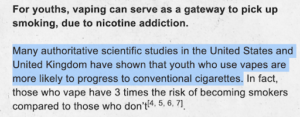Het is verrassend – en een beetje beangstigend – om dezelfde oude argumenten tegen vapen tegen te komen in een persbericht van het Singaporese Ministerie van Volksgezondheid uit juli 2013. Ruim tien jaar later horen we nog steeds dezelfde beweringen, ondanks uitgebreid onderzoek dat aantoont dat vapen minder schadelijk is dan roken en effectief kan zijn als hulpmiddel bij het stoppen met roken. Hieronder een overzicht van enkele achterhaalde argumenten die maar niet verdwijnen:

In 2013 heeft het ministerie vermeld, “"We blijven voorzichtig, omdat er geen doorslaggevend wetenschappelijk bewijs is dat de effectiviteit van e-sigaretten aantoont bij het helpen van rokers om te stoppen met tabaksgebruik."” Klinkt dit bekend? Helaas, het Ministerie van Volksgezondheid van Singapore doet deze bewering nog steeds vandaag, bewerend dat “"Rokers die e-sigaretten gebruikten om te stoppen met roken, hadden minder kans van slagen dan rokers die farmaceutische hulpmiddelen gebruikten of helemaal geen product."” Het is verbazingwekkend dat tien jaar onderzoek, inclusief studies die de effectiviteit van vapen aantonen, blijkbaar geen enkel effect heeft gehad.

Hieronder volgen enkele recente bevindingen:
- Aycock et al. (2023) Uit onderzoek is gebleken dat mensen die vapen specifiek gebruiken om te stoppen met roken, een hoger percentage abstinentie na een jaar hebben dan mensen die het om andere redenen gebruiken.
- Hajek et al. (2019) De conclusie was dat vapen twee keer zo effectief is als traditionele nicotinevervangende therapieën (NRT) voor het stoppen met roken.
En er is meer. In 2013 waarschuwde Singapore al dat “"E-sigaretten kunnen mogelijk een opstapje zijn naar het ontwikkelen van een rookgewoonte, met name onder jongeren."”

Tien jaar later tonen studies echter consequent aan dat vapen geen opstapje is naar roken. Bijvoorbeeld:
- Lee, Coombs & Afolalu (2018) Vijftien studies werden geanalyseerd, waarbij geen bewijs werd gevonden voor een "gateway-effect". Andere factoren, zoals angst en rookgedrag van ouders, werden aangewezen als belangrijke invloeden op het gedrag van jongeren.
- Meza, Jiménez-Mendoza & Levy (2020) Uit onderzoek is gebleken dat het aantal rokers onder jongeren is gedaald, ondanks de toename van het gebruik van e-sigaretten. Het rookgedrag onder adolescenten in de VS heeft een historisch dieptepunt bereikt.
Ondanks dit alles beweert Singapore nog steeds dat “"Jongeren die e-sigaretten gebruiken, hebben een grotere kans om over te stappen op traditionele sigaretten."”

Op dit punt is het terecht om je af te vragen of dit opzettelijke onwetendheid is. Tien jaar onderzoek heeft de voordelen van vapen als veiliger alternatief en effectief hulpmiddel bij het stoppen met roken aangetoond. Het is hoog tijd dat beleid de realiteit weerspiegelt, in plaats van achterhaalde angsten. En misschien kan Singapore, nu ze toch bezig zijn, ook het verbod op kauwgom heroverwegen.
Als je geïnteresseerd bent in feiten over vapen en het beperken van de schadelijke gevolgen ervan, bekijk dan ons informatieblad: https://worldvapersalliance.com/harm-reduction-vaping-fact-sheet/






Eén reactie